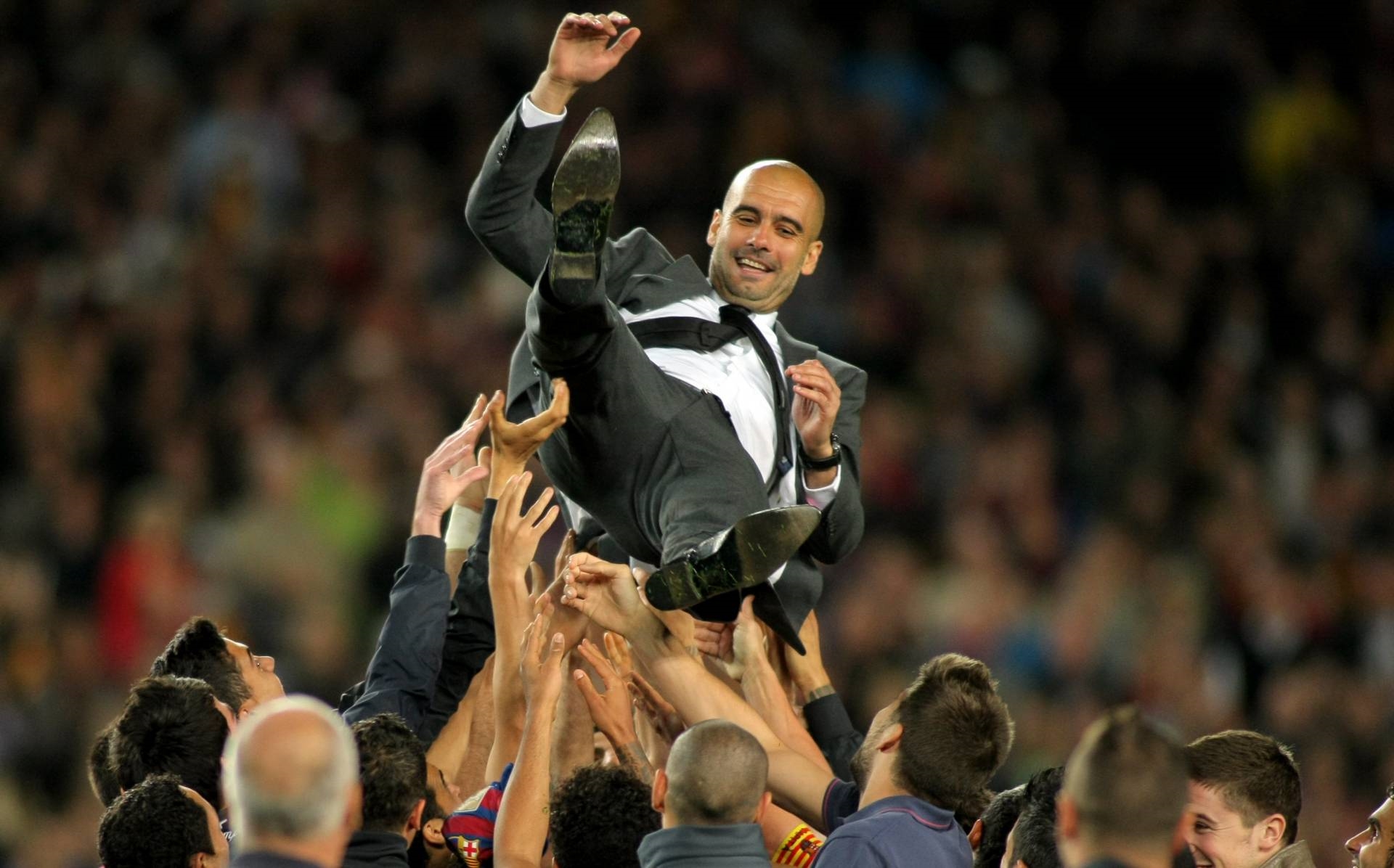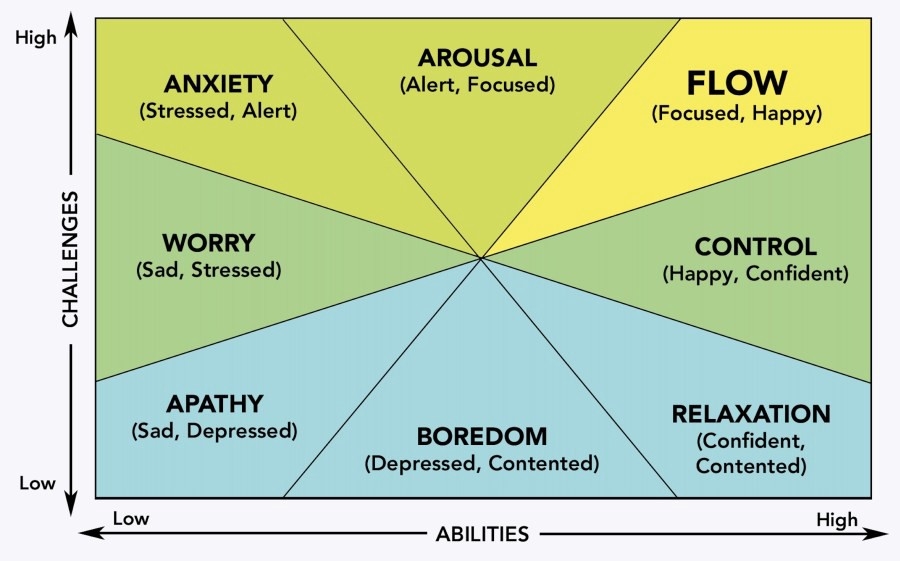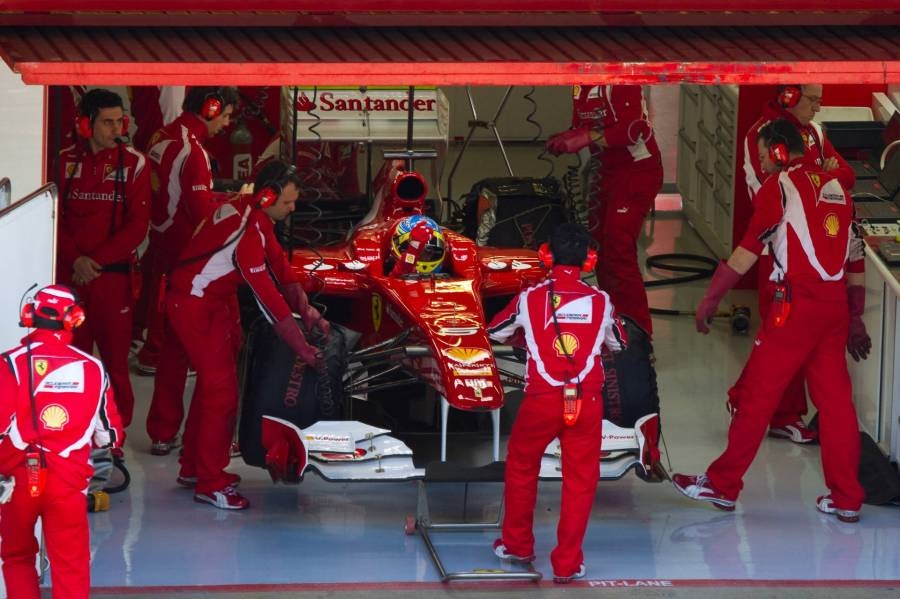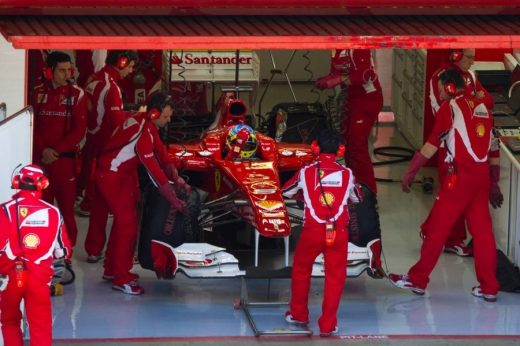4 Principles for Salespeople to Access the Flow of Elite Athletes
4 Principles for Salespeople to Access the Flow of Elite Athletes

There are enormous gains still to be had in sales performance. I am sure you agree; salespeople are athletes. For instance, everyday salespeople step into a world where all that matters is performance. If an elite athlete such as Tiger Woods labeled his tools as short of very effective and said that he only spent 23% of his time was spent on golf-related activities, there would likely be a massive shake-up in his environment. Our startup *Touch is on a mission to transform the status quo.
Two staggering statistics make it clear that there are issues in the sales field. We need to get salespeople back into flow.
- Just 15% of salespeople describe their sales tools as very effective.
- 77% of a salesperson’s day is spent not selling.
How can we expand sales performance?
First, it really helps to understand peak performance before you aim to make improvements.
Peak performance is a state that is also known as apeak experience, the zone of optimal functioning and flow. (Brain performance center – a literature review.)
Secondly, there are a few useful questions leaders and salespeople should start asking themselves. It’s critical to become curious about creating a peak performance environment for salespeople:
- Where and with whom can we observe this state being accessed most often?
- What are the conditions and factors that create this state?
- What is currently blocking salespeople from reaching this state?
Understanding and implementing the conditions for peak performance in your own life — in particular the concept of flow — will help your sales ability and many other business related issues.
Observe elite athletes that understand flow.
Tiger Woods and other elite athletes describe the state or experience of flow (or being in the zone) extremely well.
Tiger Woods, Golfing Legend describing being in the zone – watch a video.
“I tend to have these blackout moments when I don’t remember, I know I was there, but I don’t actually rememberperforming the golf shot. The mind gets so entrenched at the moment; I guess my subconscious takes over.”
“Who knows what the terminology is, but there are many putts or many shots where I don’t remember hitting. I remember the ball flight, I remember preparing for the shot and once I hit the shot I don’t remember the ball leaving. It’s a weird sensation. The more intense the situation gets the more calmer I feel the more things slow down. For some reason, the last few holes take forever, but they may be happening a lot faster. A lot of times I don’t hear the noise, I don’t hear anything. I become so enthralled in that particular moment, hitting a shot, performing a task being mentally prepared for that shot. It’s almost as if I get out of the way.”
It is likely after watching this video or reading the transcript you can wind back to times where you experienced this state in your career, hobbies, or social life.
Athletes have long known being in flow is the key to their performance, and we should learn what we can from them.
Delving deeper into the concept of Flow.
Mihaly Csikszentmihalyi is known as the ‘The godfather of flow’ and describes the state as follows:
A state in which people are so immersed in an activity that nothing else matters. One is so happily absorbed in what they are doing, that their thoughts and actions flow freely.
Interestingly, his research and findings led him to see that flow seems to occur most frequently in athletes. Other researchers like Jackson and Marsh (1996) further describe the flow state as:
A situation where personal skills equal or exceed the required challenges of the sport, and this experience is perceived as enjoyable, free from distractions, and typically leads to overall good performance.
In the Sales Industry with much talk of positive thinking — obscenely large goal setting, and forcing action (The 5 am club) in Salespeople to achieve results — generally — this concept flies in the face of the concept of flow.
Flow is critical to sales performance.
There is an enormous variance of performance in sales — much like sports. Sport is an industry that has high failure rates and requires deep psychological resilience. And like Al Pacino reminds us in the film Any Given Sunday, it’s “the inches that make the yards.”
Marginal gains can be the difference between the average and the elite increases in sales, as well.

Achieving the state of flow consistently has the potential to unlock massive positive changes in Salespeople. In general, humans are all inclined toward experiences that promote happiness, creativity, and productivity; achieving a flow state just represents a natural objective of life.
One thought that arises, with the amount of money spent on self-development and growth within the Sales Industry, it’s surprising how few out there talk about the concept of flow.
Sales leaders need to understand the Challenge/Skills Matrix.
Consider great mentors of elite athletes like Butch Harmon, Pep Guardiola, and Phil Jackson. Is it likely to hear them draw focus on wild goals or focus on one game/shot at a time? To focus on just trying harder or increasing the efficiency of the body and equipment?

At the core of the principle of achieving flow is the Challenge/Skill balance. Leaders of top athletes understand the challenge and skill balance. It is far more subtle than most sales ideologies that encourage you to set or attract wild goals.
Mihaly Csikszentmihalyi has discovered from his 40 years of study how the skills/challenge matrix affects performance and flow. If you are presented with a highly mismatched challenge with the skill set, see below the results of this.

(source –https://uxdesign.cc/getting-into-the-flow-what-does-that-even-mean-58b16642ef1d)
Take some time to look at this and think about the goals you or your sales team have in mind.
Sales leaders and salespeople need to think of the Skills/Challenge matrix as a critical mechanism for achieving flow. Achieving goals then becomes a byproduct of being in flow more consistently. We need to make sure we move sales teams away fromfeelings of anxiety and boredom and towards those associated with flow.
The 3 pre-requisite conditions for being in flow.
Thankfully, due to the extensive research, tools and learning are available for salespeople to understand the conditions to access the flow state:
- Clarity of goal and immediate feedback.
- A high level of concentration on a limited field.
- The balance between skills and challenge.
If a salesperson is in flow, they experience these beautiful benefits.
- Effortlessness – The greatest athletes look effortless and so should salespeople. Over time every unit of energy poured in should produce additional output.
- The Feeling of Control – A state of security and relaxation in the sales environment. Confidence that you will take the right action in any situation presented.
- An altered perception of time – The prefrontal cortex, parts of the brain associated with time, inner voice, ego become less active. This creates the time distortion experienced when in a state of flow.
- The union of action and consciousness – Feeling at one with your sales performance, there is no thinking involved, the inner voice quiets, and you trust actions to take place.
- Love of the process – You will love the process of seeking the goal as much as the achievement of the goal itself.
Here are the 4 principles that you need to adapt to perform like an elite athlete.
Principle 1 – An immersive sales stack
The definition of IMMERSIVE is – “characterized by deep absorption or immersion in something (such as an activity or a real or artificial environment).”
The term “immersive experience” refers to pulling a person into a new reality, enhancing their everyday life (by making it more engaging or satisfying) via technology.
High performers are in immersive environments. Unfortunately, the salesperson is removing themselves from flow and peak performance as their sales stack may not be fit for purpose.
There are 3 major factors that are taking almost all salespeople out of flow on a daily basis:
- Some salespeople hate CRM’s as they can reduce speed and efficiency.
- The explosion in the requirement for data entry/CRM hygiene from management.
- Managing multiple communication and productivity software applications.
The average salesperson spends most of the day not, approximately 77%. Thus, it’s critical to spend time procuring your sales stack to optimize for immersion.
Principle 2 – Find and remove distractions.
To create immersion, you first to remove distractionsions. From many research bodies into the subject of focus and productivity, it’s clear distractions lower the quality of work and increase the error rate. To reach a state of flow, you need digital minimalism.
A salesperson needs access to all tools instantly. Currently, salespeople work from multiple channels, the CRM and productivity apps creating too much distraction in their day.
Leaders need to make sure that salespeople clearly know what the next action is in every workflow and it’s accessible instantly. Investing time, money, and training to ensure that the sales stack enables superfast workflows with minimal energy expended is a priority.
Principle 3 – Find a way to measure flow.
Measuring if their salespeople are in a state of flow should be a part of the performance management process. From this measure and an understanding of the factors that affect the state of their teams’ flow, they can then tweak levers. This allows salespeople to achieve the state more often.
Many flow-based questionnaires offer an assessment of how often you are accessing the state of flow. I am a fan of the Flow Genome Project and their questionnaire; you can use it to understand your flow profile and implement steps to access the state faster.
From this critical information, you will naturally brainstorm ideas to adjust your sales stack, environment, and culture to optimize for flow.
Principle 4 – Focus on Jobs-to-be-done (JTBD) speed.
What is JTBD?
Jobs-to-be-done was a concept created by Clayton Christensen back in 2003 and has become refined by Anthony Ulwick in a more recent book, surprisingly titled“Job to be Done.”
Ulwick defines a job-to-be-done as a task, goal, or objective a person is trying to accomplish — or a problem they are trying to resolve. These jobs can be functional, emotional, or associated with product consumption.
The efficiency in how a person completes a JBTD is critical to their performance.
Watching Athletes at the highest level, whether that’s Roger Federer playing tennis, David Beckham taking a free-kick, or Tiger Woods driving, you will notice the effortless efficiency. Extreme amounts of force and power are generated, pushing the limits of what the human body is capable of.
Thinks as an F1 engineering team does for their driver.

Being efficient is essentially “taking the shortest path toward attaining the desired goals.” Two, in other words, it describes the number of outputs gained from a given input.
Efficiency = output/input
If you increase your efficiency, you get more output for every unit of energy you spend. Here is our definition:
The time it takes to complete a workflow, without any sacrifice of quality at all.
This is JTBD speed and it’s critical to access or remain inflow. All workflows related to your performance should feel almost instantaneous, but this is not the case right now for most Salespeople.
Conclusion
It’s time to bring flow to the world of salespeople. There is a natural and deep-seated need for humans to experience happiness, creativity, and productivity and flow is the way to meet this need.
Whether you are a salesperson or a salespeople leader, it’s critical to understand the issue of flow further. When you gain a deeper understanding, you can not only transform sales performance of yourself and your company — but you will change the entire experience of any task you decide to undertake in your life.
Top Image Credit: fede roveda; pexels
The post 4 Principles for Salespeople to Access the Flow of Elite Athletes appeared first on ReadWrite.
(47)


